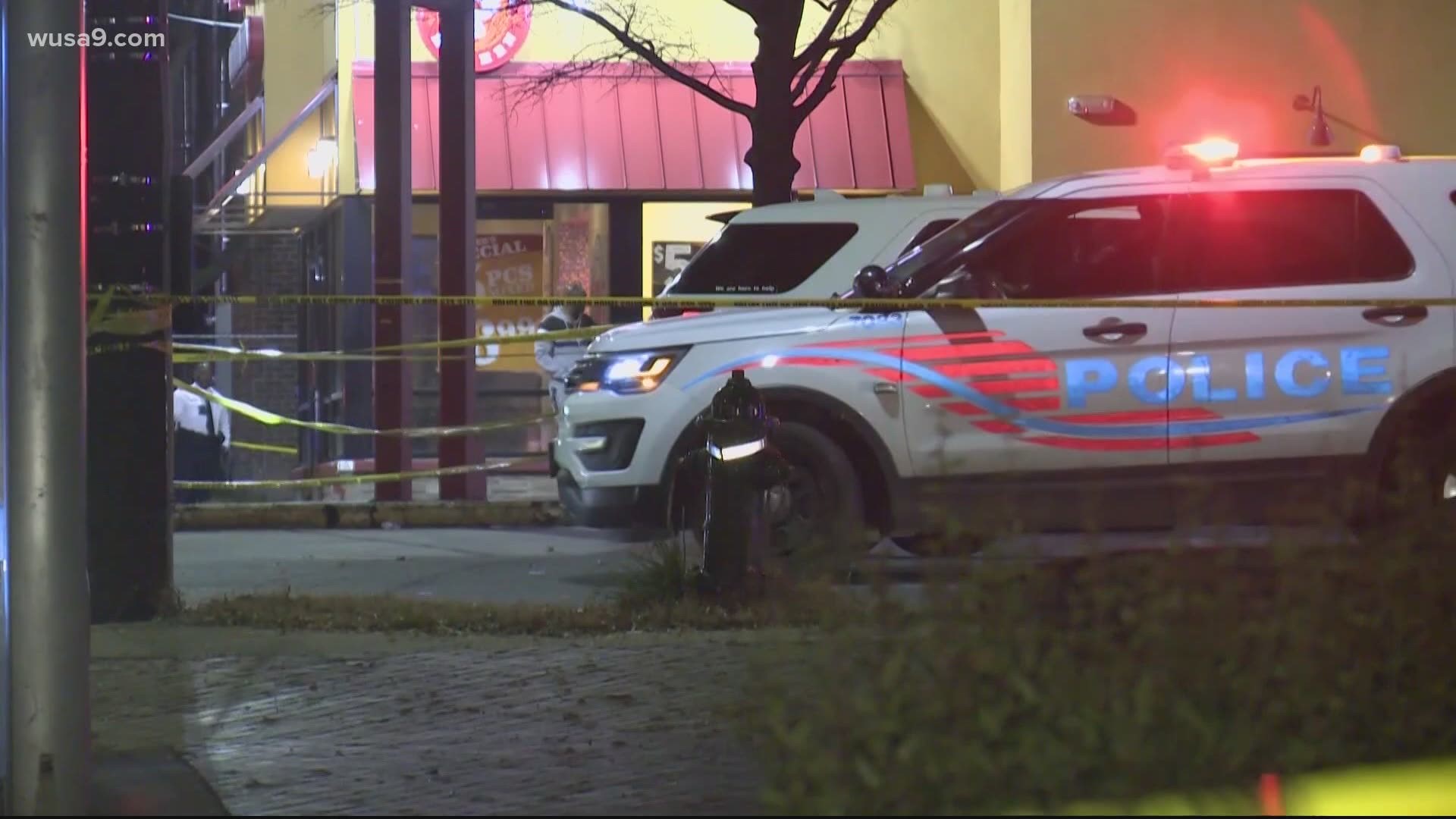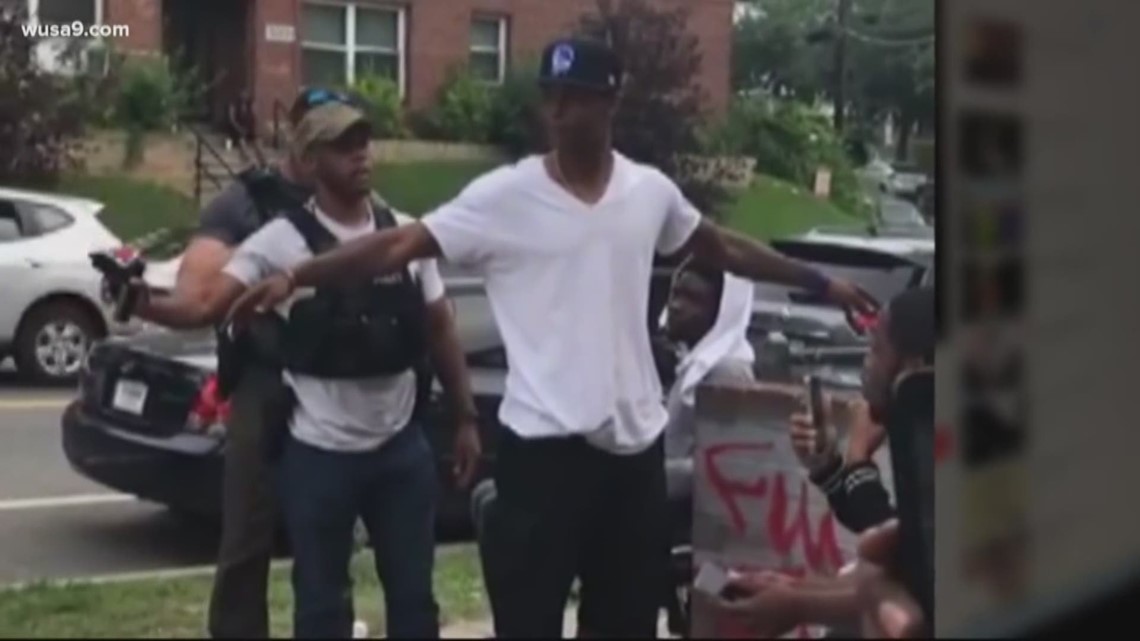WASHINGTON — As communities from D.C. to Nigeria protest and fight for police reform, there is a focus on the effects of over-policing in Black communities. Earlier this summer, DC Police released data that showed Black people are six times more likely to be stopped than white people.
D.C. Police Chief Peter Newsham weighed in on the conversation and his department's own policies Thursday.
“I want us to do something about this!” Brenda Richardson said to a virtual panel of experts and researchers on policing in America. “I think there is correlation between what we’re dealing with police and our health disparities, because I find our disfavored communities…we’re exhausted by all the trauma!”
Richardson was a part of a 10-day workshop called “Reimagining Police Stops” led by researchers at the LAB DC, Howard University and Georgetown Law’s Innovative Policing Program. Back in June, DC Council pressed Newsham for the analysis of DC Police's controversial stop and frisk policy, with data showing Black people are six times more likely to be searched and seven times more likely to be frisked than their white counterparts.
Newsham told the panel though officers have undergone sensitivity training, there is more work to do including putting limits on how often and why police make stops.
“Try to make our police officers understand the role American policing, and policing in D.C., has played in racism," he said.
Newsham referenced a new Virginia law.
“They [the VA General Assembly] restricted law enforcement from making stops for mechanical issues on vehicles,” he said. "I think that may be a place we want to think about going.”
Additional recommendations for Newsham from the panel included:
- Hiring more D.C. residents as officers
- Engaging the community for input
- Incentivizing officers for positive community outreach
- Partnering with social workers/mobile crisis teams
According to the Office of Unified Communications, most DC 911 calls are not true emergencies. The panel said in those cases, dispatchers need to do a better job deciding who is more appropriate to head to a scene so the person waiting gets the help they need.
“The question that follows that is should police be the ones to address it?" Newsham asked.
The panelists said police are traumatized too. They recommend resources to help both sides heal.


